Extension cord safety
I talk about safety — a lot: wear your safety glasses, protect your lungs and ears, don’t cut yourself! Well here’s another little lesson in safety, one that is often overlooked. This news it’s electrifying! Literally! I made a little discovery in my workshop that opens up a whole new discussion on safety. This is an extension cord I’ve been using. I think I ran over it a few times while pushing my table saw in and out of the garage.
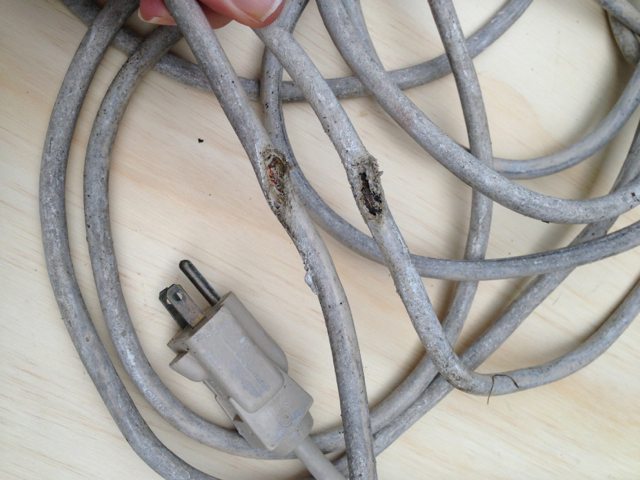
Extension Cord Safety
This is NOT a situation you want to find yourself in because
- Exposed wires can shock or burn you!
- Extension cords are the biggest cause of electrical house fires!
Because I want everyone to be safe… here are a few good tips when it comes to extension cord safety.
- Extension cords are meant for temporary use. Unplug and store after each use because if it’s plugged in, it’s still conducting electricity!
- Inspect your extension cords regularly for physical damage. DO NOT USE damaged cords.
- Do not use an extension cord if the grounding pin is missing. You can easily replace the plug.
- Match the plugs. Polarized cords have one hole that is larger than the other. Don’t ever force a plug where it clearly doesn’t fit. 3 pronged plugs need 3 pronged extension cords.
- Make sure you use the correct wattage rating extension cord for the appliance or tool you are using. Do NOT use an extension cord that has a lower wattage rating than required.
- Use the shortest length cord possible to do the job. The longer the cord the weaker the electrical current gets.
- Use the right for the job. Indoor rated cords should NOT be used outdoors.
- Make sure to pull the plug, not the cord when unplugging. (I’m so bad about this.)
- Keep extension cords away from water
- Don’t drive over extension cords … with your car or your table saw!
I need to go buy a couple new extension cords now. 🙂
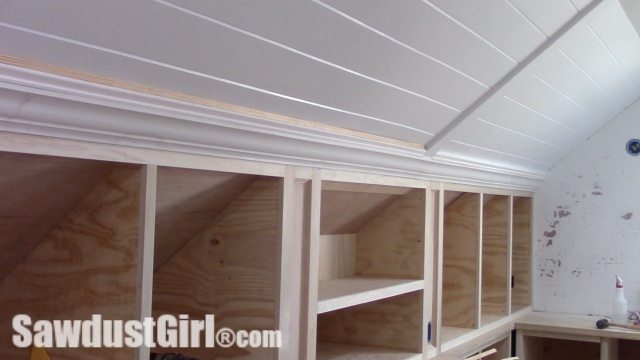
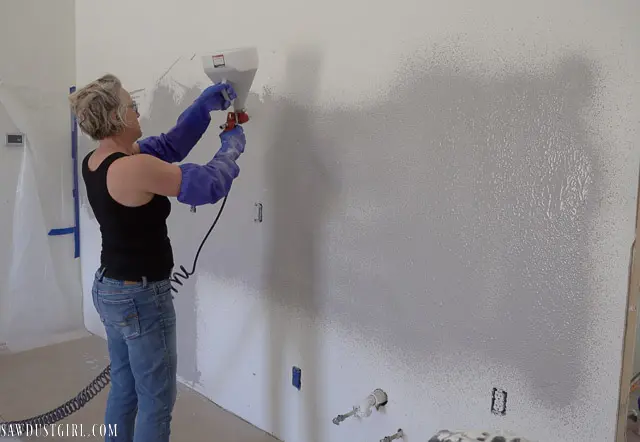
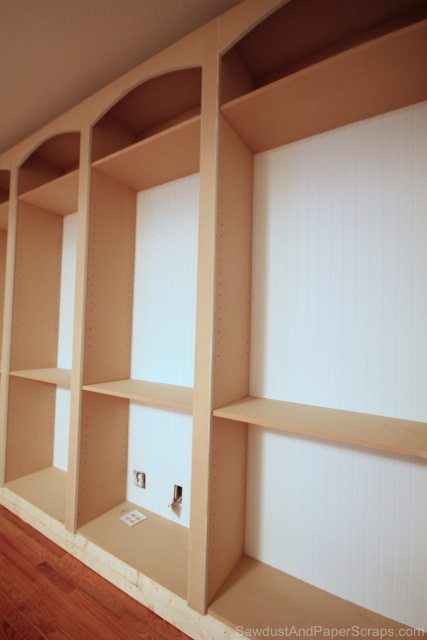
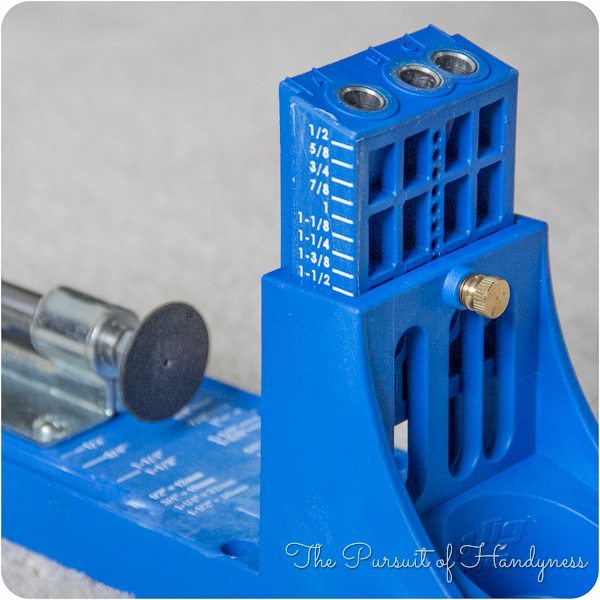
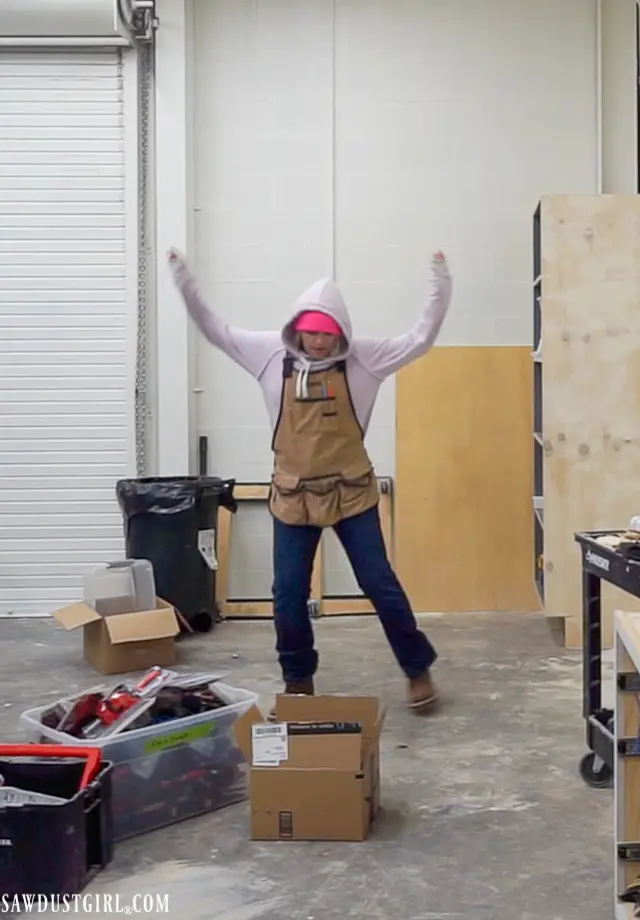
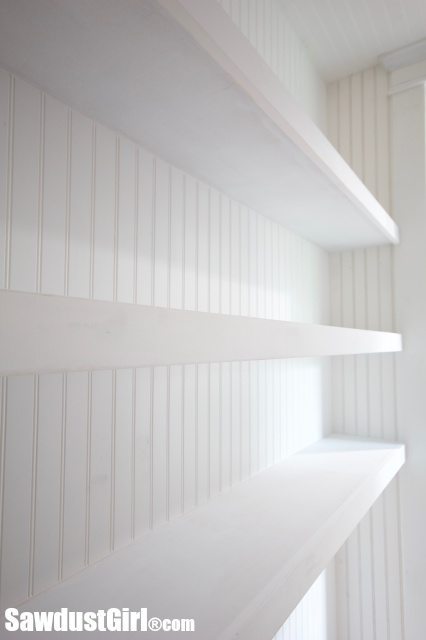
Not a safety tip, but a tip nonetheless: When the cord you’ve been using needs to be replaced, take the old one to a recycling center to get some money from the copper wiring.
Some great tips, and some I have never heard of. I will think of you now whenever I am needing to use an extention cord. One question…Other than replacing the plug as you mentioned, can a damaged cord ever be salvaged, or should they always be thrown away? Thanks again for keeping your readers safe and well informed.
The wattage is hard because who remembers what wattage their extension cord is? A good rule of thumb for wattage is make sure your extension cord is as thick or thicker than the cord for your equipment. Every time I use my air compressor I have to compare all my cords to find the fattest one that can handle the amps.
Good eye Wes!!
so happy they were found before a problem found you.
Wow–scary! So glad you noticed before you had a problem. Thanks for lookin’ out for us and being the ever informative Sawdust Girl 🙂